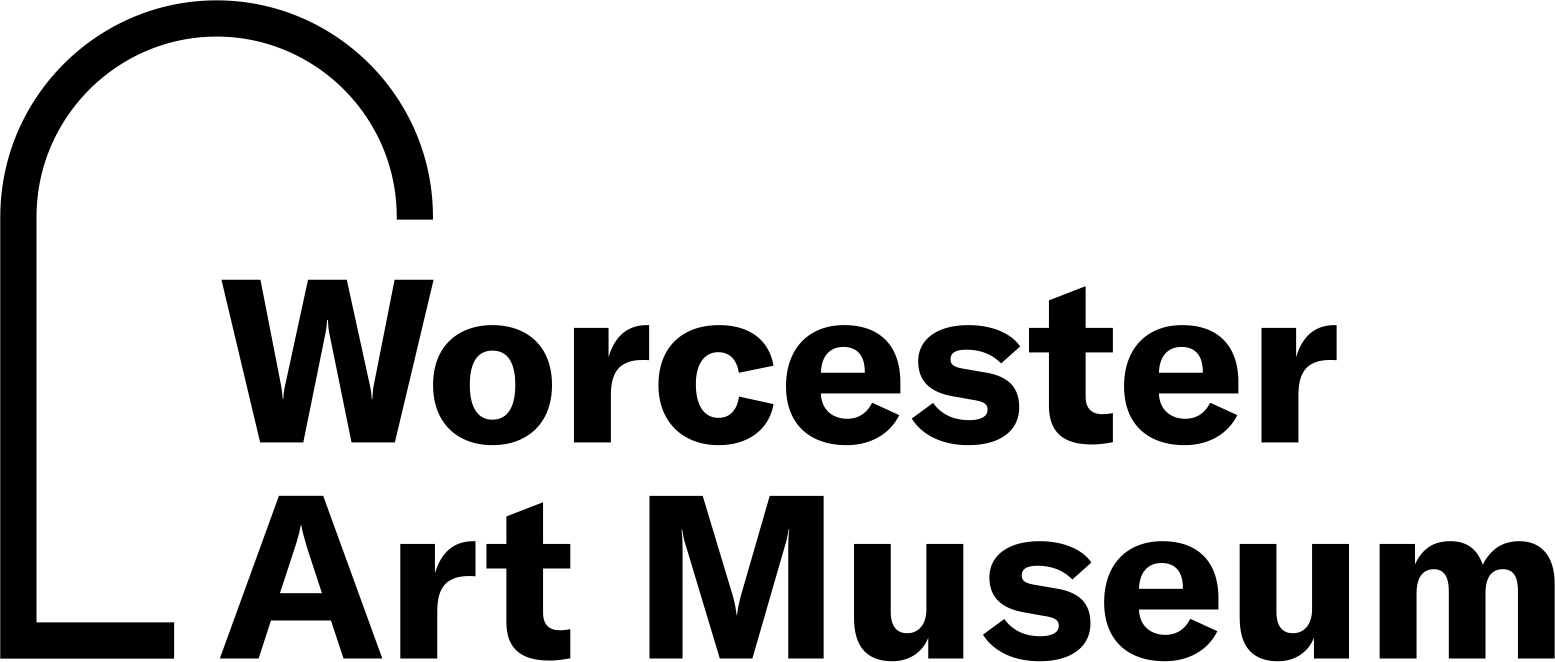Powder Flask
Culture
Italian
Dateabout 1565–1600
Mediumiron
Dimensions21.9 × 14.3 cm (8 5/8 × 5 5/8 in.), 1 lb, 10 oz (weight)
ClassificationsArms and Armor
Credit LineThe John Woodman Higgins Armory Collection
Object number2014.384
DescriptionIron truncated conical form & flattened on back. Body is tightly longitudinally fluted over curved surface, a number of which are broader and lightly decorated with running foliate tendrils at widely spaced intervals. At sides are 4 iron suspension eyelets. Flat bottom has border decoration with engraved guilloche borders and thin, foliate traceries. Top of flask is similarly decorated, and fitted with spring-loaded iron pouring spout. Lid is hinged in back, secured in front by a screw. Body of this tapers & is in 3 stages, lowest of which is fluted like body. Terminal of valve cut-off is balustered. Flat back of flask is fitted with long iron belt hook, terminating in swollen tip; belt hook is secured in place with a screw, perhaps to make it removable. Back itself has incised guilloche borders & symmetrical scrolled vine tendrils below.Label TextThis flask once held gunpowder for use with a musket. The technology of gunpowder came to Europe from China during the 1200s via the Silk Roads. Ironically, gunpowder weapons appeared on European battlefields at about the same time as plate armor. By the late 1400s, fortifications had to be redesigned to resist cannons. By the late 1500s, when this powder flask was made, the use of body armor was on the decline, since armor that would stop a musketball was too heavy to wear on the march.ProvenanceEdward Hubbard Litchfield collection purchased on December 5, 1951 by the Museum at Parke-Bernet Galleries (NY), sale no. 1293 Collection transfer from Higgins Armory, Janaury 2014.
On View
Not on viewlate 1700s-early 1800s












